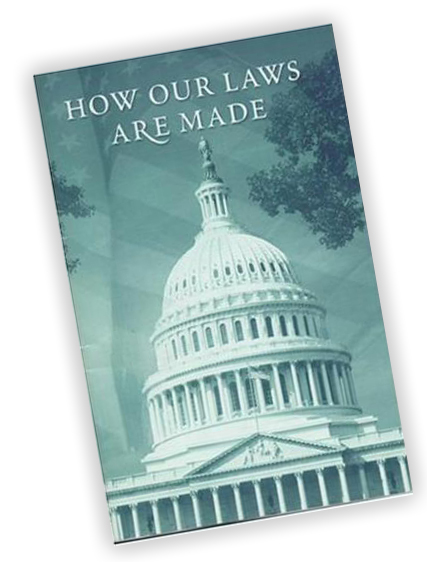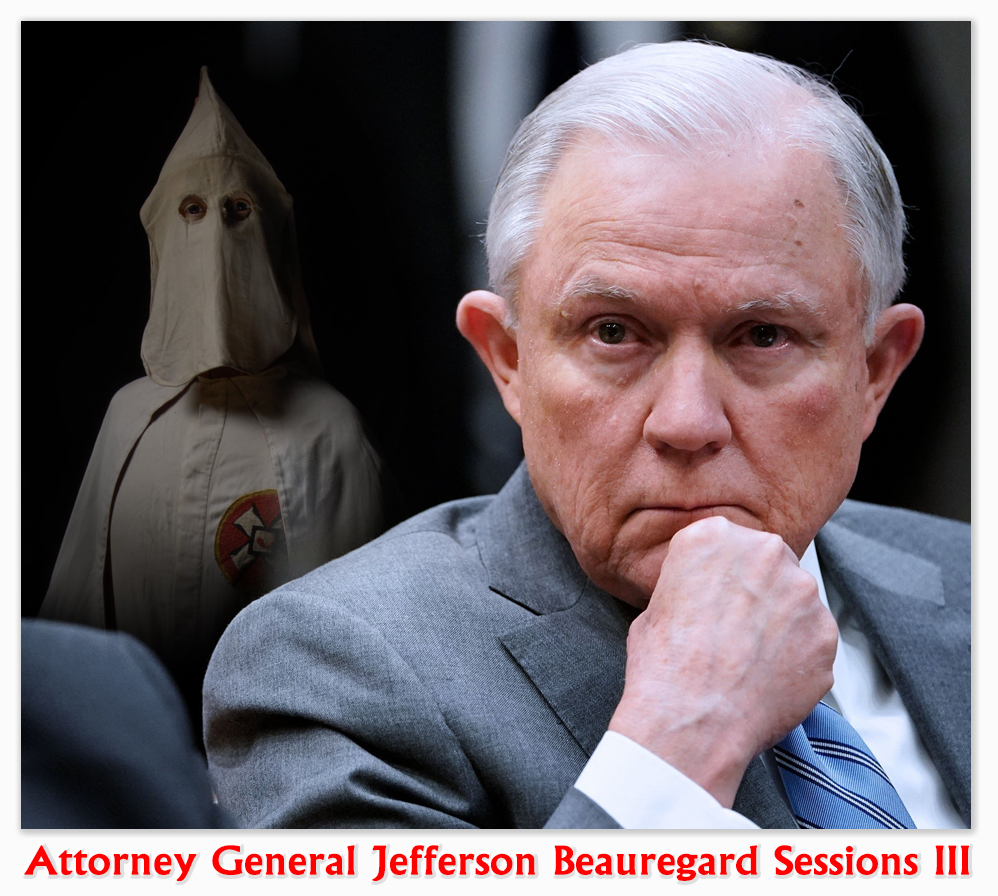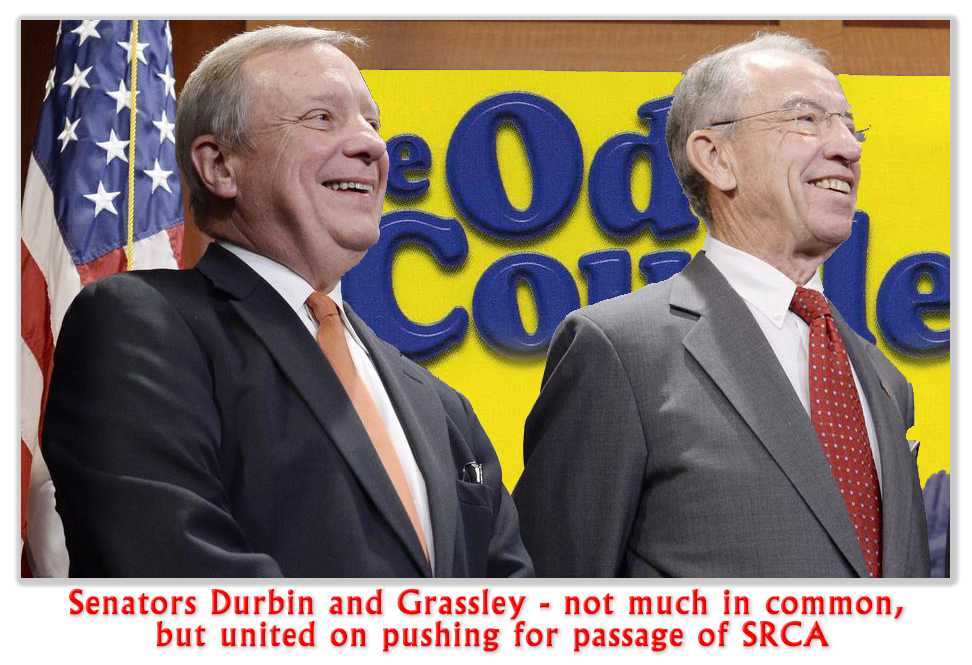We post news and comment on federal criminal justice issues, focused primarily on trial and post-conviction matters, legislative initiatives, and sentencing issues.

JEFF, WE HARDLY KNEW YE (NOR DID WE WANT TO)…

Little-noted but good political news last week: former Senator and Attorney General Jefferson Beauregard Sessions III, one of the principal roadblocks to any meaningful sentence reform (think of him as the guy who kept the Fair Sentencing Act of 2010 from being retroactive back when it passed), lost his bid to be nominated as Republican candidate for senator from Alabama in a primary battle with former Alabama football coach Tommy Tuberville.
I’m no Alabama fan (and I was never much for Nick Saban), and I suspect Tuberville is a tyro and Presidential sycophant, but I nonetheless cheer his electoral win. For Mr. Sessions, I recall Oliver Cromwell’s dismissal of the Rump Parliament:
It is high time for me to put an end to your sitting in this place, which you have dishonored by your contempt of all virtue, and defiled by your practice of every vice.
Ye are a factious crew, and enemies to all good government.
Ye are a pack of mercenary wretches, and would like Esau sell your country for a mess of pottage, and like Judas betray your God for a few pieces of money.
Is there a single virtue now remaining amongst you? Is there one vice you do not possess?
Ye have no more religion than my horse. Gold is your God. Which of you have not bartered your conscience for bribes? Is there a man amongst you that has the least care for the good of the Commonwealth?
Ye sordid prostitutes have you not defiled this sacred place, and turned the Lord’s temple into a den of thieves, by your immoral principles and wicked practices?
Ye are grown intolerably odious to the whole nation. You were deputed here by the people to get grievances redressed, are yourselves become the greatest grievance.
Your country therefore calls upon me to cleanse this Augean stable, by putting a final period to your iniquitous proceedings in this House; and which by God’s help, and the strength he has given me, I am now come to do.
I command ye therefore, upon the peril of your lives, to depart immediately out of this place.
Go, get you out! Make haste! Ye venal slaves be gone! So! Take away that shining bauble there, and lock up the doors.
In the name of God, go!
In Alabama, the Republican candidate is in all likelihood the November winner.
I admit that I have written Sessions’ political epitaph before. As a Senator, he was a pimple on the ass of criminal justice reform. As an Attorney General, he was a boil. But at last, he is gone.
If current polls hold, the Democrats will sweep the presidency, keep the House and retake the Senate for 2021. Given Democratic President Joe Biden’s public adoption of very ambitious sentence reform in his platform, the elimination of Sessions as an antagonistic senator is a positive development for those looking on legislators to build on the First Step Act with additional changes in the criminal code in 2021.

By the way, if there is any hope for any reform legislation this year – such as sending people 60 years old or older to home confinement after doing two-thirds of their good-time reduced sentences, not their total sentences – it will be included in the stimulus package that the Senate has indicated it will announce later this week. Majority Leader Mitch McConnell (R-Kentucky) has said the Senate will not pass the House HEROES Act, a “sprawling $3 trillion bill,” as Forbes put it, approved by the House in June.
The focus is on cost, with the Senate wanting to limit a second stimulus to a lousy $1 trillion. The sentencing reform measures in the House version don’t really cost anything, so some may be included. Given McConnell’s virulent opposition to anything that smacks of sentencing reform, not much is likely to make the final cut (if anything).
Rolling Stone, So Long, Jeff Sessions (July 15)
Biden-Sanders Unity Task Force Recommendations (July 9)
Forbes, Second Stimulus Bill Update: Everything You Need To Know Before The Senate Meets Next Week (July 16)
– Thomas L. Root





















